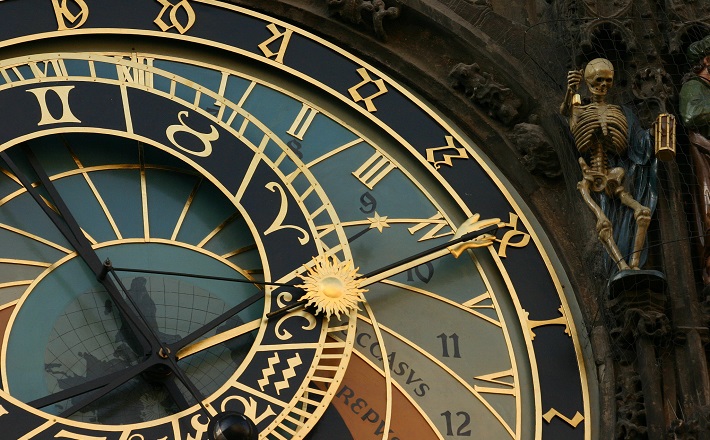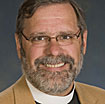Commentary on Psalm 122
The psalm begins with an iconic, inspirational “poster verse” that in our day will likely be heard as referring to the Sunday morning worship high experienced by those who are feeling especially close to God, their communities, or both.
This gladness is faithful to the sense of the psalm and is something to be celebrated! But worship is only one aspect of the gladness to which the psalm refers. As the psalm speaks about all the glad happenings up there on the mountaintop, it aptly shifts connotations among worship, justice, homecoming, sanctuary (in the sense of safe refuge), and peace.
“I was glad …!” because burdens might be lifted, restitutions made, and justice finally done. Going up to Jerusalem was like getting a hearing before the Supreme Court of the United States; pilgrims might climb to the capital in order to have matters resolved that the outlying lower courts couldn’t handle.
“I was glad …!” because Jerusalem serves as a poetic icon of the unity of God’s people. Up there I am with people who know the stories that I know, revere the fathers and mothers I revere, worship the God I worship. This gladness might well resonate with the gladness of contemporary Christians going to “their church” on Sunday. We should keep in mind, though, that in terms of the political — and even religious — narratives of the twelve tribes, Jerusalem as a unifying symbol might not serve much beyond the tribes of Benjamin and Judah! But then it is also true that the poetic idea of congregational unity is often belied by the mistrust felt by (and toward?) those disaffected members of the community who might identify with the tribes of Dan and Asher in the far north.
“I was glad …!” because Jerusalem is a place of refuge, safety, and sanctuary. The image in verse two is potent: once our feet are touching the ground inside the gates, the fortified city protects us from our enemies. The safety here is likely only military; political or religious asylum is probably not connoted by this psalm — and would only be in the poetic sense anyway as Jerusalem was not one of the “cities of refuge.”
But I will admit that, because I am finishing this reflection as Major League Baseball moves into its playoffs, an off the wall (!) mission image popped into my head. In baseball, you are safe if your feet are touching a base. But a base runner’s mission is not to stay on base but to risk running, moving between places of refuge. As I say, “off the wall” rather than within the wall.
The last two verses of the psalm return to the first person singular of the opening verse and also dampen the celebratory tone of verses 2-6. Verses 7 and 8 are the psalmist’s response to the command in verse 6. “Pray for the peace of Jerusalem.”
The response could be heard as a bit cynical about the city’s judicial and political role (signified by the “thrones of the house of David”). The psalmist says, in effect, “Sure, I’ll pray for Jerusalem. But I’m not praying for Jerusalem’s political survival but rather for the sake of my people and God’s temple.”
As a response to the first lesson (Isaiah 2:1-5) Psalm 122 picks up the movement of “ascent toward Jerusalem” and also the language of judgment (a theme picked up in an oblique way in the Gospel reading). But the Psalm diminishes Isaiah’s vision a bit. In Isaiah all the nations ascend to “the mountain of the Lord’s house” in order to receive instructions for universal peace. In the Psalm, however, the ascent is made by only one nation and it is for its refuge and protection.
When I’m sitting in the pew on Advent 1, I’d like to hear a sermon that wrestles with these two visions of our relationship to the “place God has promised to be.” On the one hand, I love to celebrate being at home in worship with fellow Lutherans (especially when we bring out those less accessible Advent hymns!). But on the other hand, God has established the Church as a city on a hill in order to serve in God’s universal mission, to be a place where all the nations of the world learn peace. How do the “goods” of family, tribe, ethnic enclave, and class serve and fail to serve God’s broader mission?


December 1, 2013